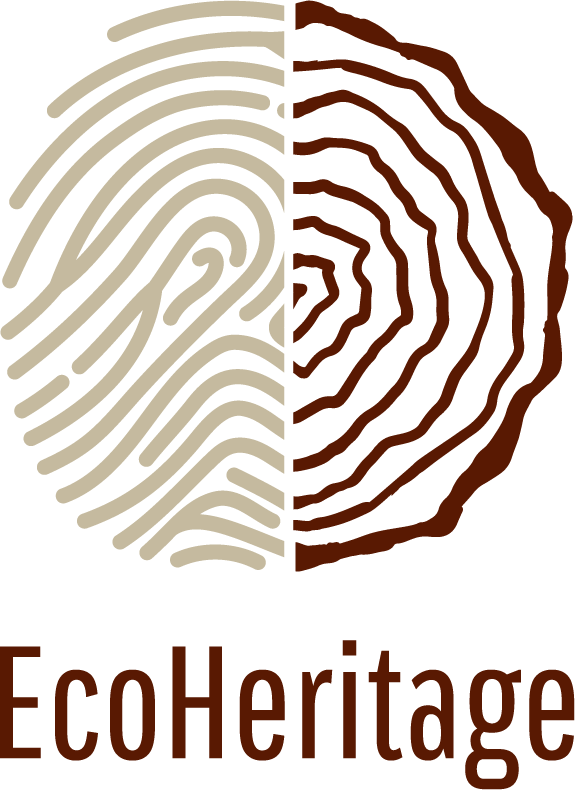Project facts
Presentation
Recent demographic decline affects unevenly different population settlements across Europe: rural areas face high rates of depopulation, while urban areas experience higher population concentrations. Spain leads rural depopulation in Europe, with only a 25.7% of its population living in rural areas (Eurostat: 2017).
The high rate of depopulation in rural areas also poses an important social challenge due to the related high risk of exclusion and poverty. In 2015, 25.5% of the rural population was at risk of poverty or social exclusion, while in cities it was 24%. The risk of social exclusion in rural areas affect the 27.1% of the population, while in the cities, the 24.3% (Eurostat: 2017).
People living in rural areas tend to drop out of education and training earlier. In fact, according to Eurostat, the rate of young people aged 18-24 living in rural areas of the EU who neither study nor work is 3.7 points higher than people living in cities of the same age group.
Given the cultural and natural richness of rural areas, heritage can definitely represent an alternative source of development for these territories.
Ecomuseums work as shared processes of recognition, management and protection of cultural and natural heritage, aimed at promoting sustainable development. Ecomuseums are organised by its communities in an associated and cooperative way based on four main areas: economic, social, environmental and scientific-technological. Ecomuseums are able to generate incomes from culture, knowledge and services.
EcoHeritage primary target group are rural communities, especially adult population, as well as ecomuseums in Europe. The secondary target group addressed are municipalities and local governments, cultural institutions, heritage research institutions and adult education providers.
EcoHeritage will address these groups with the overall objective of contributing to the awareness and consolidation of ecomuseums as a model of sustainable and collaborative heritage management for the development of economic growth and social cohesion among rural communities in the consortium countries.
The specific objectives of our project are:
- To raise awareness about ecomuseums as a collaborative heritage management model, establishing a set of criteria for its recognition and a common methodology to improve it contribution to social, economic, environmental and heritage sustainability of rural areas.
- To provide skills to adult learners in rural areas through the creation of innovative training materials on active citizenship promotion and participatory heritage management.
- To generate steady communication networks between ecomuseums at national and European level thus fostering knowledge and good practices exchange that will contribute to the sustainability of consolidated and new coming ecomuseums.
- -To foster the creation of ecomuseums as an endogenous resource for competitiveness and social, economic and environmental sustainability of rural areas.
Impacts & Results
The project will have an impact at different regional levels, based on the work planned within the life of the project and the results described. The overall desired impact is to contribute to the awareness and consolidation of ecomuseums as a model of sustainable and collaborative heritage management fostering economic growth and social cohesion in rural communities, to strengthen the specific competences of adults in this communities needed to fulfil this purpose, as well as to build a strong community, communication and practices exchange between existing ecomuseums in Europe.
Ecomuseums are highly relevant in the European context, as they are directly linked to the preservation of European heritage. Establishing a common methodology and a set of criteria for its recognition is a great challenge. Therefore, it is also very important to raise awareness about the importance of the methodology proposed by ecomuseums among public bodies, engaging civil participation in the heritage preservation and management.
The expected impact on different geographical levels are:
Local:
– Providing training materials for adult education and a toolkit for collaborative process of heritage identification will improve the range of possibilities to start up initiatives of territorial development based on cultural and natural heritage in rural communities.
– Rural communities will increase their engagement and participation in the decision-making process of their towns and villages.
National:
– Greater recognition of ecomuseums as a participatory process of heritage management and the fundamental role they play in society as a factor of integration and social cohesion.
– Greater awareness for public bodies about the need of establishing a specific legal framework for the protection of Ecomuseums.
-Greater recognition at academic level of the need for the inclusion of a social perspective into the heritage research and of the social responsibility of universities of transferring Knowledge to society.
– Incorporation of ideas and experiences from all over Europe in this field into the national context.
– Basis for further national work in this area (situation analysis, database, case studies, networks).
European level:
– Exchange between experts linking academic knowledge, social museums councils and ecomuseums at European level in order to achieve greater convergence of European nations and regions, while respecting the rich diversity and specificity of the regions.
– Increased awareness of how heritage can be included in a development plan for rural areas in the European context by encouraging the engagement and participation of civil society.
– Increased visibility of European socio-museology in an international context.

